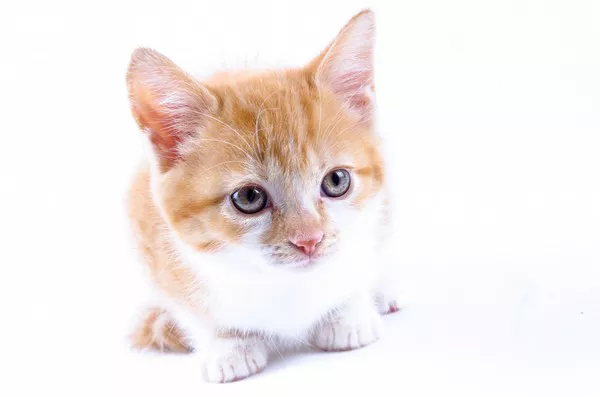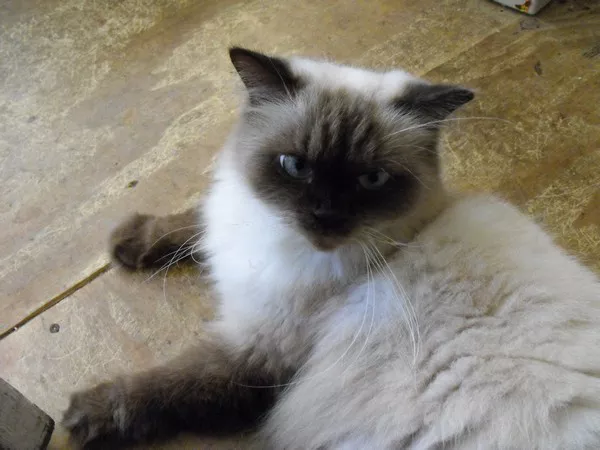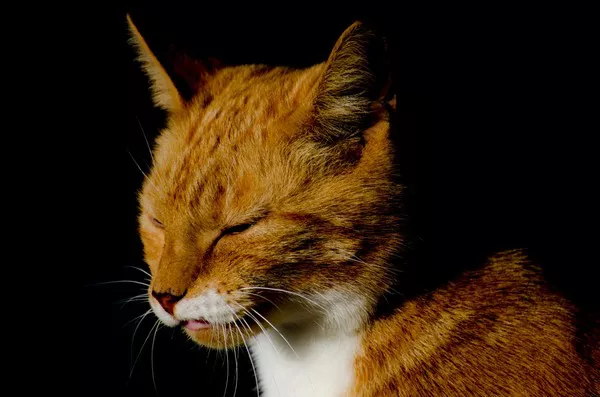As a beloved companion animal, cats often share our lives and, at times, our meals. Their curious nature leads many cat owners to wonder about the safety and appropriateness of sharing human food, particularly snacks like biscuits. The question, “Can cats eat biscuits?” is not just about whether these treats are safe; it delves into the broader topic of feline nutrition, dietary needs, and the potential risks and benefits of introducing human food into a cat’s diet. This essay will explore these aspects in detail, providing a comprehensive understanding of whether biscuits can be part of a cat’s diet and how to do so safely.
Understanding Feline Nutrition
Before addressing the specific question of biscuits, it’s essential to understand what constitutes a healthy diet for cats. Cats are obligate carnivores, which means that their bodies are designed to derive most of their nutritional needs from animal sources. Unlike dogs, which are omnivores and can thrive on a more varied diet, cats require specific nutrients that are primarily found in meat.
Essential Nutrients for Cats
Proteins: Cats need a high-protein diet to support their muscle mass, energy levels, and overall health. Proteins are made up of amino acids, some of which are essential for cats, such as taurine, arginine, and methionine.
Fats: Fats provide a concentrated source of energy and are crucial for the absorption of fat-soluble vitamins (A, D, E, and K). Essential fatty acids, such as omega-3 and omega-6, are also important for skin and coat health.
Vitamins and Minerals: Cats require a variety of vitamins and minerals to maintain their health. These include vitamin A, which they cannot synthesize from plant sources, and minerals like calcium and phosphorus for bone health.
Carbohydrates: While cats can digest carbohydrates, they do not have a dietary requirement for them. Their bodies are not as efficient at processing carbs as those of omnivores.
The Role of Treats in a Cat’s Diet
Treats can play a role in a cat’s diet, providing enjoyment and enrichment. However, they should not make up more than 10% of a cat’s daily caloric intake. This is particularly important when considering human foods, as many are not suitable for feline consumption.
What Are Biscuits
Biscuits, in the context of human food, typically refer to baked goods that can be sweet or savory. They often contain ingredients such as flour, sugar, butter, and various flavorings. While some biscuits are made specifically for pets, most commercially available biscuits are designed for human consumption.
Common Ingredients in Biscuits
Flour: The primary ingredient in most biscuits, flour is a carbohydrate source. While cats can digest small amounts of carbohydrates, too much can lead to obesity and other health issues.
Sugar: Many biscuits contain added sugars, which are not necessary for a cat’s diet and can contribute to obesity and dental problems.
Fats: Butter or oils are often used in biscuits, providing flavor but also adding calories that can lead to weight gain if consumed excessively.
Flavorings and Additives: These may include chocolate, raisins, or other ingredients that are toxic to cats. For example, chocolate is highly toxic to cats and should never be consumed.
Can Cats Eat Biscuits
Safety Considerations
When it comes to sharing biscuits with your cat, several factors must be considered:
Ingredient Safety: Not all biscuits are created equal. Some may contain ingredients that are harmful to cats. For example, chocolate, xylitol (a sugar substitute), and certain nuts can be toxic.
Digestive Concerns: Cats have a different digestive system than humans, and many ingredients commonly found in biscuits can be difficult for them to digest. High carbohydrate content can lead to gastrointestinal upset.
Weight Management: Biscuits are often high in calories, and frequent indulgence can contribute to obesity, a common issue in domestic cats.
Types of Biscuits
Human Biscuits: Generally, it is best to avoid giving cats human biscuits due to the potential for harmful ingredients and high sugar and fat content.
Cat-Safe Biscuits: Some manufacturers produce biscuits specifically formulated for cats. These treats are designed to meet feline dietary needs and are usually safe for occasional feeding.
Moderation is Key
If you decide to give your cat a biscuit, moderation is crucial. A tiny piece of a cat-safe biscuit can be a delightful treat, but it should not replace a balanced diet. Always monitor your cat’s reaction to new foods and consult with a veterinarian if you have concerns.
Health Risks Associated with Biscuits
Feeding biscuits to cats can pose several health risks:
Obesity: Cats that consume too many high-calorie treats can quickly gain weight, leading to obesity-related health issues like diabetes, arthritis, and heart disease.
Diabetes: A diet high in carbohydrates can increase a cat’s risk of developing diabetes, a serious condition that requires lifelong management.
Dental Problems: Sugary treats can contribute to dental decay and gum disease, which are common issues in cats.
Gastrointestinal Upset: Introducing new foods, especially those high in fat and sugar, can lead to vomiting, diarrhea, or other digestive issues.
Alternatives to Biscuits
If you’re looking for safe and healthy treat options for your cat, consider the following alternatives:
Commercial Cat Treats: Look for treats specifically formulated for cats, which provide appropriate nutrition and flavor without harmful ingredients.
Cooked Meat: Small pieces of cooked chicken, turkey, or fish can be a great treat and align with a cat’s natural dietary preferences.
Catnip and Cat Grass: Many cats enjoy catnip or cat grass, which can provide enrichment without the risks associated with human food.
Homemade Treats: You can create your own cat treats using safe ingredients like pureed meat or fish, ensuring they are free from harmful additives.
Conclusion
In conclusion, while the question “Can cats eat biscuits?” may seem straightforward, it opens up a broader discussion about feline nutrition and health. While some biscuits may be safe in moderation, many human biscuits contain ingredients that are not suitable for cats. It is crucial for cat owners to prioritize their pets’ health by providing a balanced diet tailored to their specific needs. Opting for cat-safe treats and being mindful of portion sizes can help ensure that your feline friend remains healthy and happy. Always consult with a veterinarian before introducing new foods into your cat’s diet to make informed choices that support their well-being.
Related topic:



























